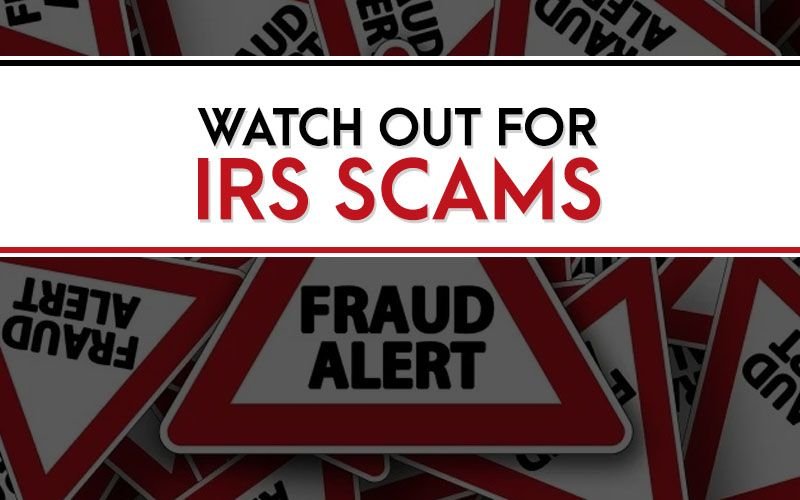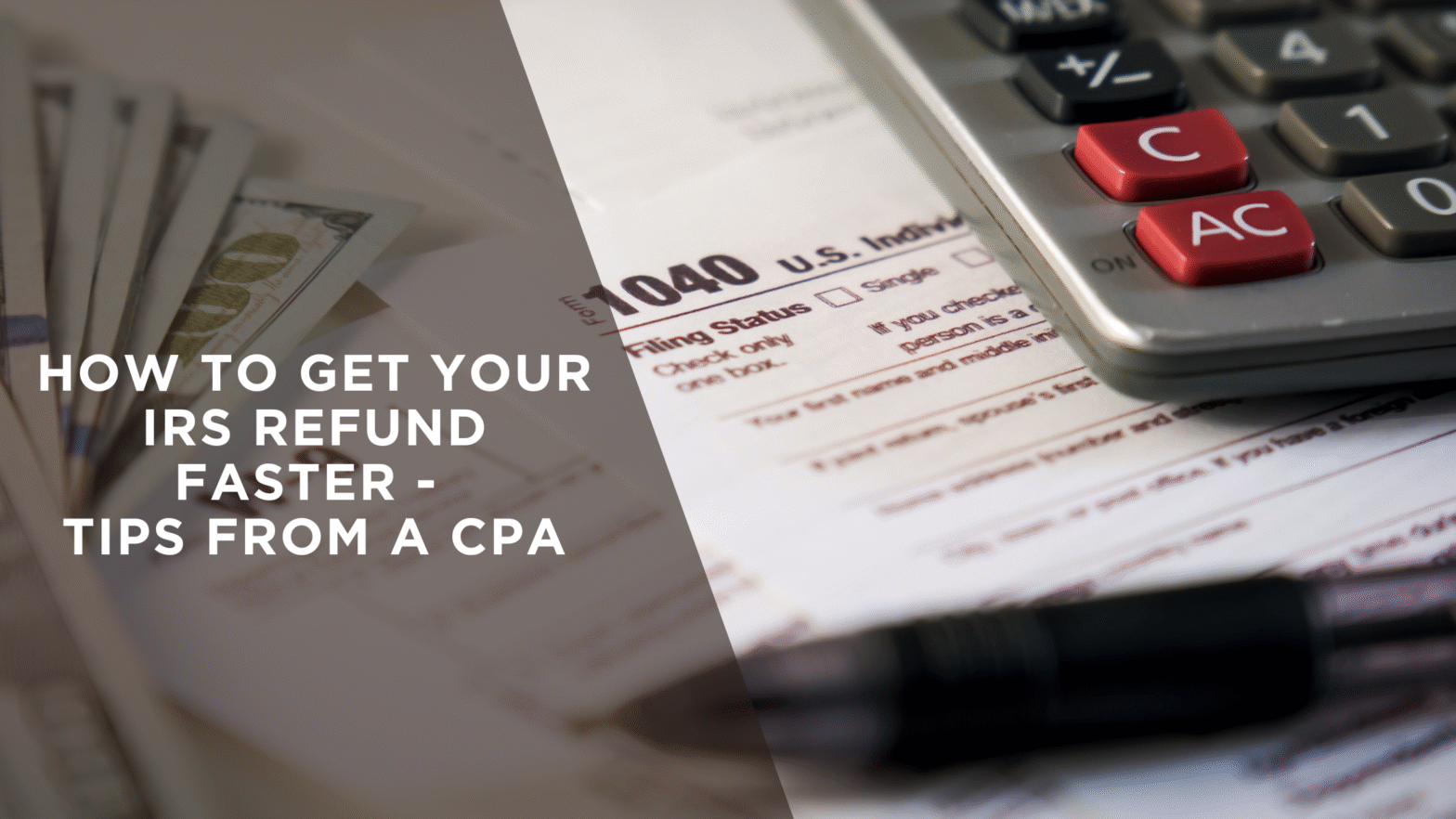Getting calls, letters, or visits from IRS agents is scary enough for local taxpayers. They automatically associate the IRS with a negative connotation and think they are contacting you for collecting unpaid taxes and/or penalizing you for something.
What can be worse than that? Getting calls and letters from fake IRS agents. IRS scams are increasing by the year and taxpayers need to be very careful when giving out personal information or money to people who claim they are from the IRS.
These scammers are very clever and will use fake agent IDs, alter the caller ID numbers to make it seem that the IRS or another tax agency is calling, and gather all the personal information (i.e. legal name, personal home address, D.O.B., etc.) about the victim to use it to call him/her to make it sound official.
They have lists of the types of people they usually call and make aggressive phone calls letting the victim know that they owe a certain amount of money for a very detailed made up reason.
Some of the tactics these scammers use are: telling you that you have a huge tax refund and ask for your bank account information for a direct deposit or saying that you still owe some taxes and if it is not paid within a certain time they will arrest or deport you.
They call to demand a specific amount of money and ask you to send cash, make a wire transfer, or provide your credit card information. Not only do they try to trick you into sending them money, but they can also use the information you give out for identity theft.
There have been incidents where scammers use your name and social security number to file taxes and try to steal your tax return. Lots and lots of local civilians have fallen for these tricks and lost thousands of dollars.
Make sure you are not one of them. If you receive a call from someone claiming that they are from the IRS, do not give them any information, hang up, and call the IRS directly from the number they have on their website (800-829-1040) to confirm if it really was someone from there. The IRS will almost always communicate with taxpayers by mail first.
They will never ask for immediate payment over the phone, call you regarding the taxes you owe before sending a letter in the mail, require that you use a certain payment method for the taxes you “owe,” ask for your credit or debit card information via phone call, and lastly, they will never threaten you by saying you will be arrested, deported, or have your business or license suspended if you don’t make the payment.
If you have received a phone call or a letter in the mail from the IRS and are unsure whether it is real or not, feel free to contact your tax advisor for further information. There really isn’t a way to catch these scammers because the authority has no way of tracking them or even knowing if they live in this country, so just be careful with everything you do.
The IRS is doing their job and increasing their efforts to try and prevent all this from happening and it will be helpful if local taxpayers do their job and contact the authority if they have any suspicions. IRS scammers are getting more and more creative, always be on the lookout and be sure that you don’t become a victim.







